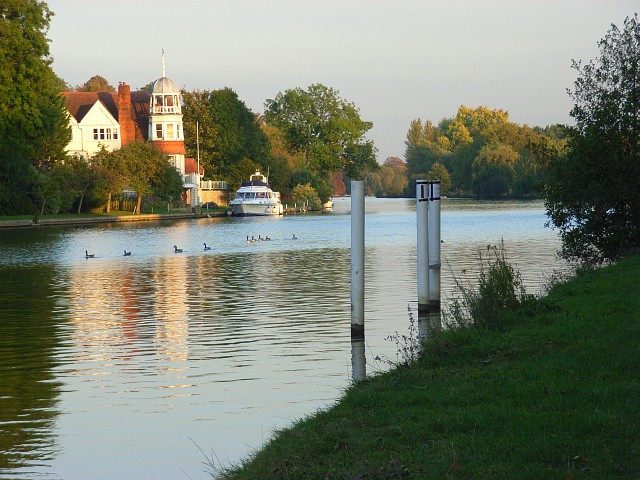
An investigation by the BBC suggests that three major water companies, Thames, Wessex, and Southern Water, discharged sewage illegally hundreds of times last year on
days when there was no rain, a practice known as "dry spilling." This practice is banned because it can lead to higher concentrations of sewage in waterways.
In 2022, these companies collectively released sewage through dry spills for approximately 3,500 hours, a clear violation of their permits. Water UK, the industry body, has called for an investigation into these spills.
In the UK, releasing sewage into rivers and seas is permitted to prevent pipe systems from becoming overwhelmed but is only allowed when it has been raining. Without rainwater, sewage is less diluted, leading to the accumulation of algae that can produce toxins harmful to pets and swimmers. Consequently, discharging sewage during dry conditions is illegal under environmental law.
Research by the BBC's climate and data teams suggests that collectively, Thames, Southern, and Wessex began releasing sewage on dry days 388 times throughout 2022, including during the summer drought.
There were even reports of spills by these companies on July 19, 2022, the hottest day on record, when temperatures exceeded 40°C in some areas, and many people sought relief in rivers.
The Environment Secretary, Therese Coffey, expressed her surprise at these findings, particularly on the hottest day of the year. She emphasized that the Environment Agency (EA) is the regulator responsible for conducting detailed investigations into such incidents.
All nine water companies in England received environmental information requests for data on the timing of their spills. Only Thames, Southern, and Wessex provided details, which the BBC cross-referenced with Met Office rainfall data to identify dry spills.
It's worth noting that fewer dry spills may have been recorded by Thames in 2022 because the company monitored only 62% of its overflow points, compared to Wessex with 91% and Southern with 98%.
The remaining six water companies in England declined to provide information as they were already under investigation by industry regulator Ofwat and the EA for potential illegal spills. They expressed concerns that sharing data with the BBC could impact public opinion.
Thames, Southern, and Wessex collectively serve over 22 million people. Photo by Andrew Smith / The River Thames, Reading / CC BY-SA 2.0




































